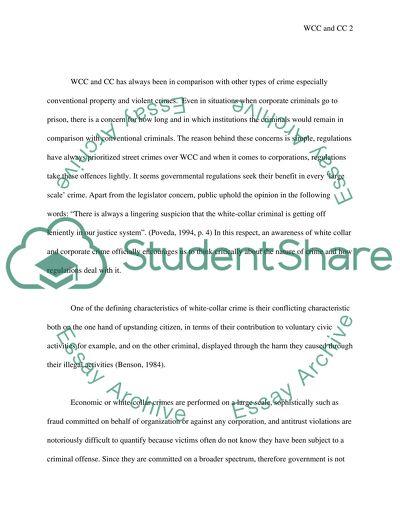Cite this document
(“White Collar Crime and Corporate Crime. To what extent are the Essay”, n.d.)
White Collar Crime and Corporate Crime. To what extent are the Essay. Retrieved from https://studentshare.org/law/1511578-white-collar-crime-and-corporate-crime
White Collar Crime and Corporate Crime. To what extent are the Essay. Retrieved from https://studentshare.org/law/1511578-white-collar-crime-and-corporate-crime
(White Collar Crime and Corporate Crime. To What Extent Are the Essay)
White Collar Crime and Corporate Crime. To What Extent Are the Essay. https://studentshare.org/law/1511578-white-collar-crime-and-corporate-crime.
White Collar Crime and Corporate Crime. To What Extent Are the Essay. https://studentshare.org/law/1511578-white-collar-crime-and-corporate-crime.
“White Collar Crime and Corporate Crime. To What Extent Are the Essay”, n.d. https://studentshare.org/law/1511578-white-collar-crime-and-corporate-crime.


